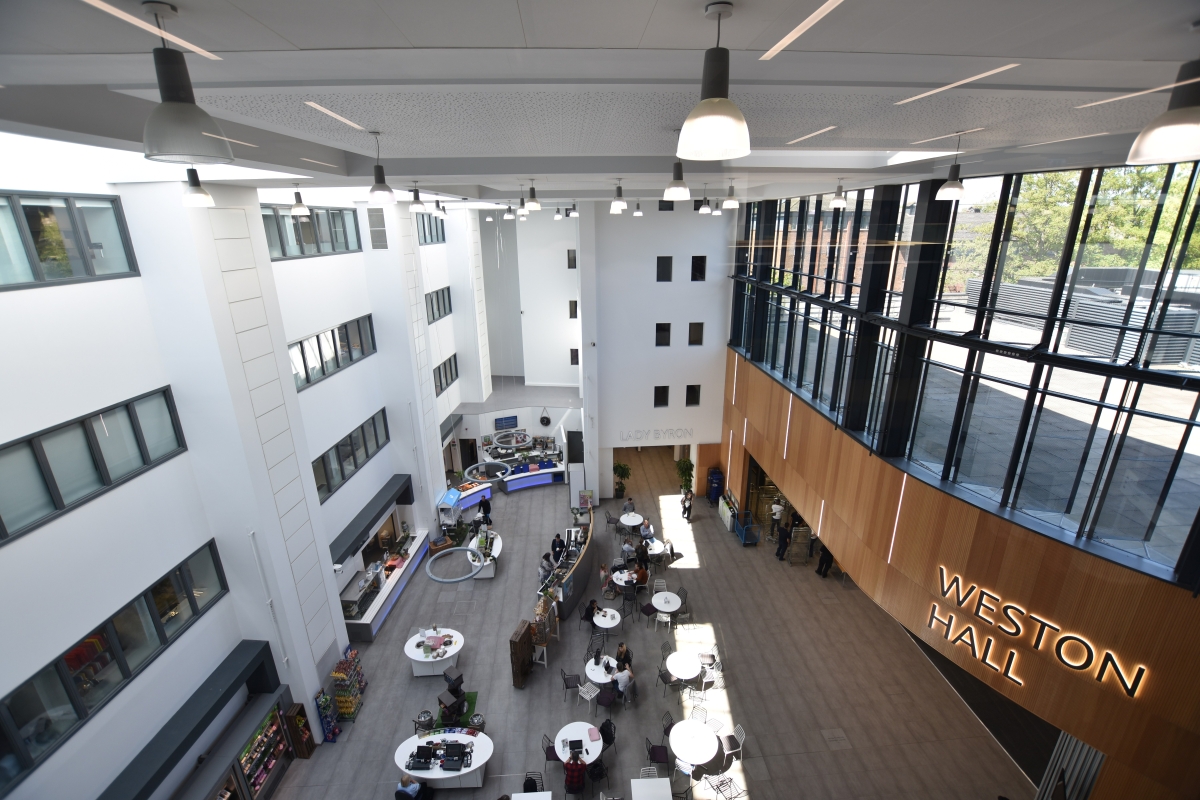Unpacking the Dell Technologies Future Proof Report – Elevating the Voice of Gen Z

Dell Technologies’ Future Proof research report explores Gen Z adults’ (18-26 years old) views on how smart digital investments today can support the development of a digitally resilient future. Designed to guide governments, policymakers, and communities, the report explores how technology can help build a resilient economy and play a role in sustainability, health, and the future of work.
It is time to listen to Gen Z
The challenges and opportunities we face today are legacy-defining. Listening to, learning from, and elevating the voice of those impacted in the long term by today’s digital decisions is vital for ensuring a sustainable future.
There are 10 million Gen Z in the UK, which accounts for around 15% of the population. As the largest generational cohort in history, Gen Z’s attitudes and expectations should be central to shaping their future. The pandemic and current economic crisis have and will be, generation-defining events. As members of Gen Z mature and become future leaders, consumers, workers and voters, their views are fundamental.
We need to listen to and seek to understand the voice of this tech-savvy generation, especially as Dell’s research reveals 41% will be willing to accept short-term economic limitations for a sustainable future in the UK. They are the first true digital natives and deserve the chance to shape their own futures.
Technology lies at the heart of the future
The government will play a key role in unlocking and enabling the vast potential of digital transformation in the years ahead. The digital decisions and investments made today by government will have a lasting impact on Gen Z. However, 40% have low or no confidence that public sector recovery investments would deliver a flourishing economy within ten years.
Gen Z views investment in technology as key to securing universal internet connectivity, enhancing digital healthcare, improving digital access to central government services, and bettering digital education. As for their views on where governments should invest to close the digital divide, Gen Z sees access to devices and connectivity for disadvantaged groups (33%) and connectivity in rural areas (22%) as the top priority areas.
There are many opportunities for the UK government to show Gen Z that they can invest well in their country’s digital future.
Supercharging sustainability
Gen Z comprises digital natives passionate about social issues such as sustainability, and they recognise the value of technology when addressing the most significant societal challenges for future decades. This includes the fight against the climate crisis, where 65% believe technology will play an important role.
To support sustainability, Gen Z ranked sustainable energy (50%), enabling a circular economy (36%), and more sustainable public transport (26%) as the top three areas for governments to prioritise. 20% also expressed support for greater sustainability education for citizens.
Gen Z places huge importance on the role of technology in the fight against the climate crisis. Therefore, it makes sense for governments, schools, businesses, and those fighting climate change to consult and collaborate with Gen Z. Working with those with the most ‘skin in the game’ will ensure that technology is being invested in and leveraged as part of this fight.
Closing the digital skills gap and digital divide
With digital skills gaps presenting a mounting challenge for the government and industry sectors to address, Gen Z wants sufficient provisions to enable expanded learning opportunities through education and as part of professional career opportunities.
Gen Z recognises the value of developing digital skills to help with their future careers and improve their chances of continuous employment, as 74% consider learning new digital skills essential to increasing future career options. However, many said their education could have better prepared them with digital skills; 52% feel that school only taught them very basic computing skills, and 10% did not receive any technology or digital skills education. 40% claim school (under 16) did not prepare them with the technological skills needed for their planned career.
To help bridge the digital skills gap, a third of respondents suggested making technology courses at all education levels more interesting and widely available, and 29% believe mandatory technology courses up to 16 years will encourage young people into technology-driven careers.
It’s clear that Gen Z sees technology as pivotal for their future prosperity. However, our society still has a digital poverty and skills gap. We can do much more to set them up for success by improving the quality and access to digital learning for all. This will require constant collaboration between businesses and schools to keep pace as technology evolves and bridge this gap.
Strong cybersecurity backbone
The role of cybersecurity in reducing vulnerability and mitigating digital threats is now well accepted. From Small and Medium-Sized Enterprises to national infrastructure, a strategic approach to cyber is paramount in a world where cyber-attacks are increasing, and data protection is more critical than ever.
More than half (55%) of Gen Z feel there is a need for robust legislation and higher investment in cybersecurity to protect national infrastructures and ensure private businesses meet tough standards. To make this happen and to improve trust in governments, 31% of respondents want private and public sectors to work together and hold each other accountable.
As the UK economy and society look to rebuild and future-proof following a tumultuous period, the next steps must be informed and shaped by the generation that will most likely feel the effects of today’s decisions. To the question of how we can realise a more sustainable future, Gen Z’s answer is striking: technology must play a central role. The actions taken by private and public entities will help drive towards a future where Gen Z, and the generations that follow, can benefit from a more inclusive and future-facing society.
By Tariq Hussain, Senior Director, Head of UK Public Sales, Dell Technologies











Responses